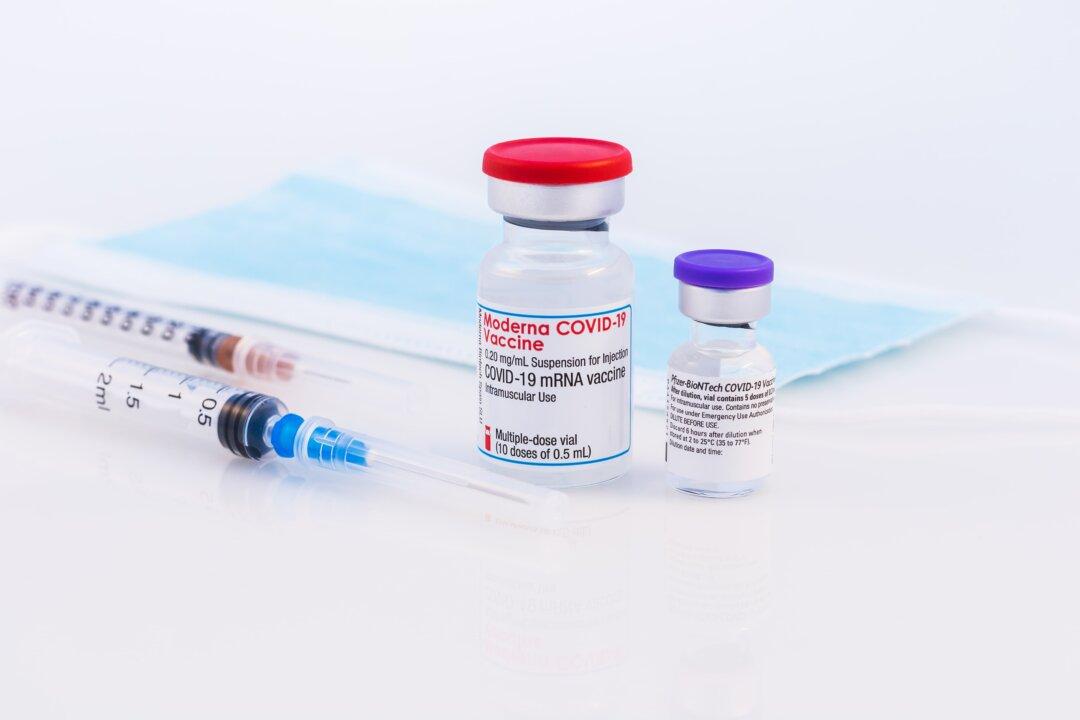Big Pharma is facing a reckoning as they face a sales cliff with demand for the COVID vaccine projected to plummet by the end of the year.
The world’s largest pharmaceutical companies have raked in billions from the COVID-19 pandemic over the past two years, after governments around the world mandated vaccines for their populations.





